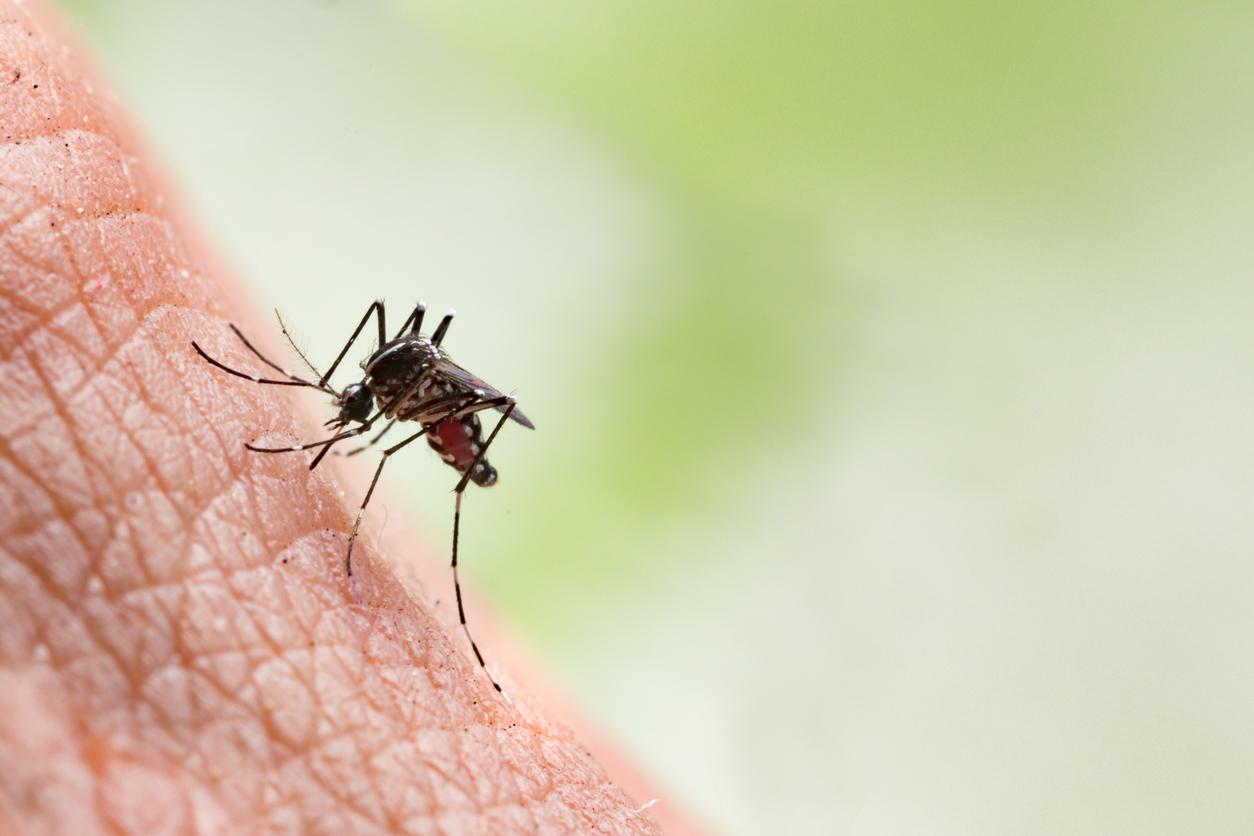In front of the resurgence of sexually transmitted infections among young people in France, getting tested regularly is essential to preserve their health and that of their partner(s). Nevertheless, the Covid-19 pandemic and the successive confinements led to a massive drop in the number of screenings, many diagnostic delays and in 2022, most of the main STIs were on the rise.
When caught in time, some of these infections (chlamydia, gonorrhea, syphilis or even trichomonas) are curable. This is why the HAS has shared new recommendations this March 9, with the aim of limiting the chains of transmission via more direct information for the partners.
#Communicated | HAS publishes its recommendations on the partner notification process, which encourages patients diagnosed with a #IST to notify their sexual partners of their possible exposures.
https://t.co/mvA4vKDGj1pic.twitter.com/CfKtfOJgsf– High Authority for Health (@HAS_sante) March 9, 2023
Today, when a patient is diagnosed with an STI, the healthcare professional recommends that he inform his partner(s) as quickly as possible to get them tested and then treated: this is called notification to partners. Which STIs are affected? “STIs that can be treated or those for which treatment can limit or even eliminate the risk of transmission, the serious complications linked to the infection, or even its chronic nature., indicates the HAS in a press release. If this approach represents a major prevention tool, it is nevertheless not sufficiently mobilized by health professionals.
In its new recommendations, the HAS proposes that during an STI diagnosis, the question of the partner should be systematically addressed by the healthcare professional. Notification must therefore be carried out without delay if the risk of transmission or severe consequences for the partner(s) is high or if the partner is a pregnant or breastfeeding woman and the infection poses risks to the fetus. or the newborn. The infected patient must be supported as well as possible in his notification process.
Lift medical secrecy
Today, professional secrecy limits the possibilities of informing partners, and only the infected patient can do so today. Indeed, when a person is diagnosed with a sexually transmitted infection, his or her partner may not know if she does not tell him. Hence the desire of the HAS to change the legal framework.
“The objective is to offer the patient in whom an STI is diagnosed the possibility of choosing the way of informing his partner(s)., details the HAS. “These developments should allow the notification to be carried out by a third party (health professional, associations, mediators) when the infected patient cannot do so, for reasons that belong to him (…). This relay would be taken at the request of the patient and with his free and informed consent.”
It also proposes the authorization in France of a Expedited Partner Processing (TAP). This treatment consists of giving the infected patient a prescription for the benefit of a potentially infected partner, so that he can benefit from screening and appropriate treatment as soon as possible, especially in the absence of symptoms.
Source :
- Notification of STIs to partners: recommendations for interrupting the chain of transmission, HAS, March 9, 2023

















